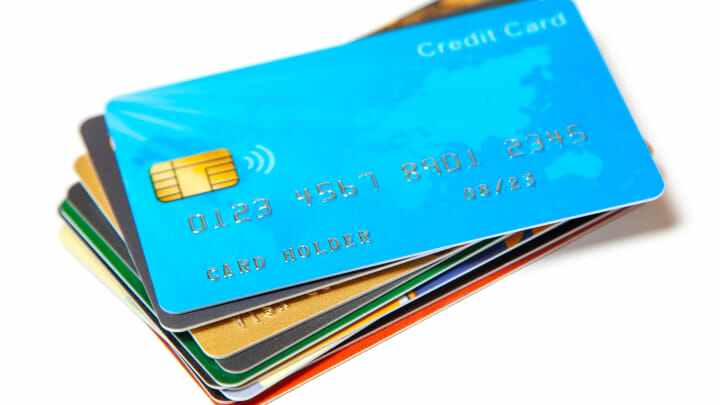Basic Elements of Credit Card (2)

Second limit
The second amount, that is, the so-called to be used in installments, he is an external quota that does not take up your original amount.
Trading
The date on which the cardholder actually traded with the card.
Bookkeeping Journal
Also known as the date of entry, refers to the date on which the card issuer credits the transaction money to his credit card account after the cardholder has made a transaction with a card, or the date on which the card issuing bank has credited the relevant fees to its credit card account in accordance with the relevant agreement. The general bookkeeping journal is the day after the cardholder's actual spending day, and if you spend your purchase on December 1st, the general bookkeeping journal is December 2nd.
Billing day
The billing date refers to the monthly and regular summary of the transactions and fees incurred by the cardholder's credit card account on a regular basis each month, and the date on which interest is settled and the cardholder's current repayment is calculated.
Repayment date
The date on which the cardholder actually reimburses the bank for the credit card.
Interest-free repayment period
For non-cash transactions, the date between the date of the bank's bookkeeping date and the due date is the interest-free repayment period. Interest-free repayment period is the minimum of 20 days, the maximum 56 days. During this period, you will not have to pay interest on any non-cash transactions that the bank will advance to the store funds on behalf of the current statement as long as you pay off the current statement in full (no interest-free benefit is available for cash advances).
Due Repayment Date - The last date on which the card issuer's cardholder should repay all of his or her repaymentors or minimum repayments.
Consequences of overdue
1, the incurable default payment, generally is the minimum repayment, the outstanding part of 5%.
2, high interest, and is profit, the case of arrears interest is very scary.
3, overdue will make the credit record will produce a stain, resulting in the next 2 years to buy a house, loans and other financial needs can not be processed.
4, overdue more than 3 months did not return, and the amount of more than 10,000, the bank repeatedly failed to collect money, then need to bear not only the money, may also bear criminal responsibility.
Status of write-off
Credit card sales are necessary if you do not intend to continue using the credit card, and if there is no sales, the bank will charge an annual credit card fee.
In the absence of an overdraft card, you can apply for a sales account at any time.
If the card does not expire, you need to apply first, and then go to the bank for sale after a certain day. If the card has passed the expiration date and the account balance is zero, it can go directly to the designated bank outlet for the sale procedure. When selling, should carry valid identity documents original and card, if I am not convenient for the sale procedures, can be charged by others. The agent shall hold the power of attorney written by the principal and the original valid identity document to do the business of the account.
Credit card sales if your card does not expire, some bank regulations, need to go to the designated network for card collection business, after a certain period of time (up to 30 days) then for the formal sales procedures. This is mainly because the cardholder in the sale before the manual card transactions, in the sale of the merchant has not yet handed over the pressure card to the bank into the account, the cardholder has already sold the account, so that the bank can not be properly liquidated. On the other hand, if the cardholder in the overseas consumption or withdrawal, it is possible to liquidate a few days later, if immediately do a sale, will also affect the normal liquidation of the bank.



